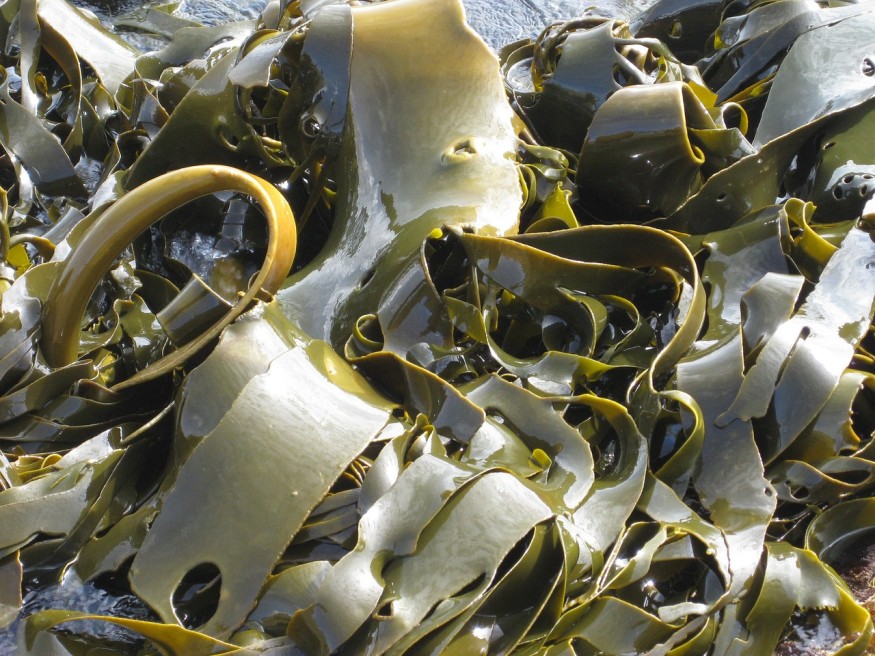A significant number of single-use plastics end up in the oceans, which harms marine animals as they confuse these plastics for food. There is a campaign for ditching plastics to avoid this and using seaweed instead as an alternative to the world's plastic food packaging problem. These seaweed-made products include edible water bottles, coffee cups, and biofuels.
One of the companies using seaweed to make alternative plastics is the California-based startup Sway, which makes seaweed-based, home-compostable, and carbon-negative thin film packaging. Its materials even come from different colors of seaweed.

Sway's Seaweed Plastic Replacement
Sway is the winner of the Beyond the Bag Challenge back in March and has recently raised $2.5 million in funding for their project. Sway co-founder and CEO Julia Marsh said that the funding will help the startup to move closer to launching pilots next year. Some of their investors include Alante Capital, the Sustainable Ocean Alliance, and Conservation International Ventures.
According to Forbes, Sway's seaweed-based plastic replacements offer ecological and social benefits amid the worsening climate change. Marsh noted that the material of their product is going to disappear in four to six weeks at the end of its life.
Moreover, the product has a 12-month shelf life, and the seaweed used to make it can sequester up to 20 times more carbon per acre compared to trees all the while without requiring freshwater, land, pesticides, and other inputs needed when cultivating plants on land. Marsh added that the materials Sway uses fit into existing supply chains without any infrastructure.
Soon, Sway will be releasing their bag pilots via Beyond the Bag and will build larger rollouts with initiative partners, such as CVS Health, Target, and Walmart. More so, they are in conversations with brands in different fields, like cosmetics, surfing, outdoor apparel, premium luxury items, and footwear.
Marsh noted that they want to make sure that their products feel good and that people like them and that they are composting them. Additionally, it is important that the users attribute value to the material and that they know the importance of replacing conventional plastics with compostable bags.
Benefits of Seaweed Packaging
There are different benefits of using seaweed for packaging, which extend beyond keeping plastics out of the ocean. PKG Brand Design reported that it takes a hectare of the ocean to produce 40 tons of dry seaweed, in which the same volume could absorb approximately 20.7 tons of carbon dioxide emissions.
Seaweeds have always been part of humans' lives and it seems that the plant is more useful aside from being an ingredient for sushi and other recipes. Seaweed packaging has some kinks to work out and holds the potential to help eliminate plastic clogging the planet.
The only drawbacks to using seaweed packaging at the moment are its price because it is currently more expensive than the existing plastic packaging since it requires manual processing.
RELATED ARTICLE : Seaweed-Based Packaging for Food is Now Available for Purchase
Check out more news and information on Tech and Innovation in Science Times.










